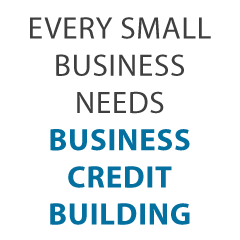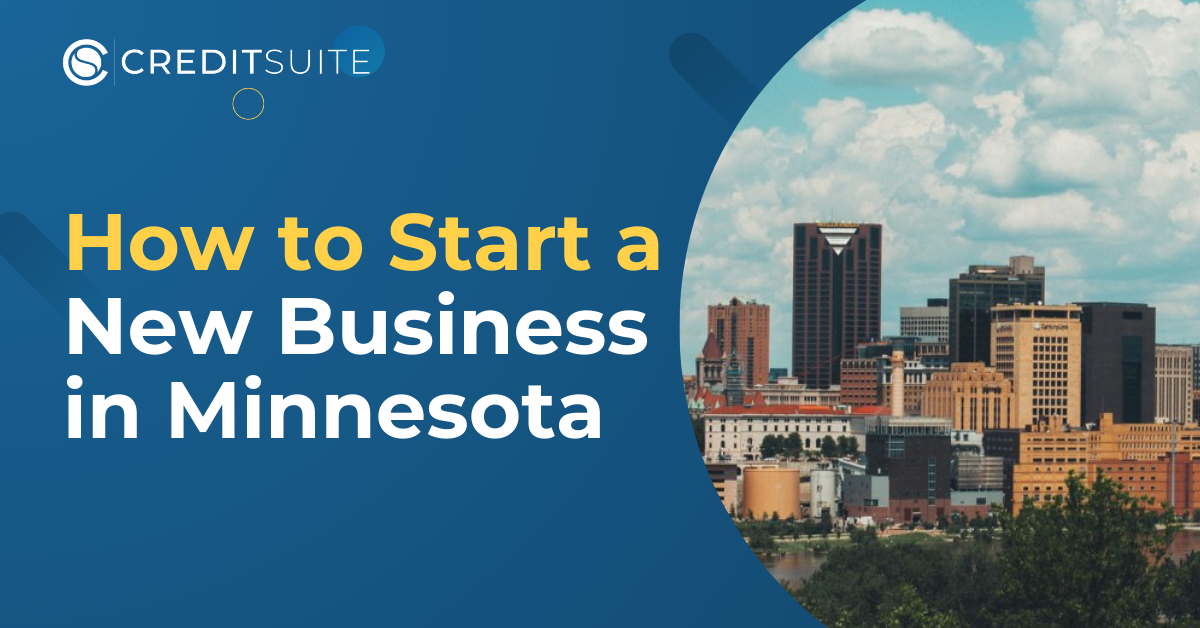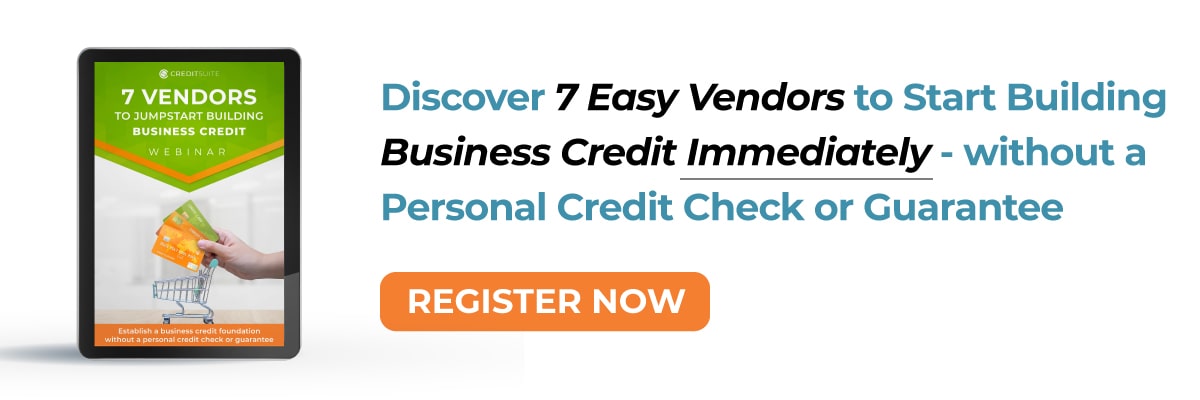Starting a Business in Minnesota
A new business in Minnesota is not out of reach. So have you been wondering: just how do I start a business in Minnesota? And more importantly, can I do so no matter what the economic conditions are? Can I start a new business in Minnesota during a recession?
A New Business in Minnesota: Pros and Cons
Minnesota is in the middle set of ten states to start a new business in. This is according to a 2016 article by Business Insider. The market opportunity share of new business owners is lower than most states. There is also a low startup density.
The state ties for the sixth worst startup activity score in the nation. But the state has a high education level of potential employees. Plus it has a per capita GDP that outranks almost 80% of the rest of the nation.
Recent Surge
In 2019, Dollar Sprout reported Minnesota is the number six best place to start a business in the nation. Now, keep in mind, the methods of Dollar Sprout and Business Insider differ.
Why the change? Dollar Sprout reports a great business 10-years survival rate and a modest cost of living. Plus there is low unemployment, and some business filings are now free. But watch out for those winters!
Start a New Business in Minnesota – Minnesota Top Industries
Per the Minnesota Department of Employment and Economic Development, the top industries in the state are manufacturing, mining and logging. More top Minnesota industries are retail sales, health care, and construction. More Minnesota top industries are also hospitality, insurance, and financial services.
Smart business owners can find new opportunities and take advantage of the bigger industries in the state of Minnesota. They can do so by offering goods or services such as safety equipment for logging and mining. Other opportunities are for data and other computer work, or trucking for any industry. Other possibilities are food services and hospitality, and supplies for construction or health care.
Here is exactly how to start a new business in Minnesota.
Start a New Business in Minnesota – Minnesota New Business Secretary of State Requirements
Register a Business Name
Check business name availability at the Minnesota Office of the Secretary of State’s website.
Corporations
For a corporation, the name should be unique. Before a business owner can file to incorporate, they should do a thorough search of online and other records.
Search a database of corporations registered in Minnesota at Minnesota Corporations.
A business owner does not have to reserve a name before they file Articles of Incorporation, but they may choose to reserve a particular name before they file by submitting an application online at Reserve a Minnesota Corporation. There is a $45.00 fee to reserve a corporate name.
An entrepreneur must choose a name for the corporation that includes the word “corporation,” “incorporated,” “limited,” or “company”. Or they can use an abbreviation of one of these words such as “Co,” “Inc.,” or “Ltd.”
If they choose the word “company,” the word “company” cannot be immediately preceded by the word “and” or an ampersand.
Business Permits and Licenses
Check the Minnesota eLicensing portal for all the information needed.
https://creditsuite.wistia.com/medias/1rpvzn0f8n?embedType=async&videoFoam=true&videoWidth=640
Local Permits and Licenses
Check with your local municipality, city or county office or website. See if there may be any local licensing or permit requirements.
For example, in Minneapolis you will need to go to the Business Licenses page on the city of Minneapolis website.
Start a New Business in Minnesota – Business Registration
Go to the Minnesota Secretary of State for forms and fees. Or use their online registration system.
A corporation owner will also need to choose a registered agent. They will act as an agent for service of process. A corporation’s registered agent will receive all legal and tax documents on behalf of the corporation.
An adult resident of Minnesota or a corporation can act as a registered agent. But the corporation cannot act as its own registered agent.
Tax Registration
Get a Tax ID through the Minnesota Department of Revenue.
Start a New Business in Minnesota – Virtual Offices
Alliance Virtual Offices offers Minnesota virtual business office space in the following cities: Bloomington, Edina, Minneapolis, Minnetonka, Roseville, St. Louis Park, and Woodbury.
Go to Regus for Edina, Duluth, and Minneapolis.
Go to DaVinci for Bloomington, Edina, Minneapolis, Minnetonka, Roseville, St. Louis Park, and Woodbury. And go to Offices4U for Rochester.
For other areas of the state, business owners might want to try local business owners. Or ask computer user groups for help in this area.
Other options may be to look for virtual business office space in nearby states. These are Iowa, Nebraska, North Dakota, South Dakota, and Wisconsin.
Start a New Business in Minnesota – Build Business Credit
Business credit is credit in a small business’s name. It doesn’t tie to a business owner’s consumer credit, not even if the owner is a sole proprietor and the solitary employee of the business.
Hence, an entrepreneur’s business and individual credit scores can be very different.
The Benefits
Since company credit is independent from personal, it helps to protect a business owner’s personal assets, in case of court action or business bankruptcy.
Also, with two distinct credit scores, a small business owner can get two separate cards from the same merchant. This effectively doubles purchasing power.
Another advantage is that even new ventures can do this. Going to a bank for a business loan can be a formula for frustration. But building company credit, when done properly, is a plan for success.
Personal credit scores depend on payments but also other elements like credit use percentages.
But for small business credit, the scores really just depend on if a small business pays its debts punctually.
The Process
Establishing company credit is a process, and it does not occur without effort. A business will need to actively work to establish business credit.
However, it can be done easily and quickly, and it is much speedier than establishing consumer credit scores.
Vendors are a big part of this process.
Performing the steps out of order will lead to repetitive rejections. No one can start at the top with company credit.
Start a New Business in Minnesota – Small Business Fundability™
A small business has to be Fundable to lending institutions and vendors.
Consequently, a small business will need a professional-looking web site and e-mail address. And it needs to have website hosting bought from a vendor like GoDaddy.
In addition, company telephone numbers ought to have a listing on ListYourself.net.
Likewise, the business telephone number should be toll-free (800 exchange or the like).
A company will also need a bank account dedicated only to it, and it needs to have all of the licenses essential for operation.
Working with the Internal Revenue Service
Visit the Internal Revenue Service website and get an EIN for the small business. They’re free. Select a business entity like corporation, LLC, etc.
A company can begin as a sole proprietor. But they should switch to a variety of corporation or an LLC. This is to limit risk. And it will make the most of tax benefits.
A business entity will matter when it concerns taxes and liability in case of a lawsuit. A sole proprietorship means the owner is it when it comes to liability and taxes. Nobody else is responsible.
Beginning the Business Credit Reporting Process
Start at the D&B web site and get a free D-U-N-S number. A D-U-N-S number is how D&B gets a small business into their system, to generate a PAYDEX score. If there is no D-U-N-S number, then there is no record and no PAYDEX score.
Once in D&B’s system, search Equifax and Experian’s websites for the business. You can do this at www.creditsuite.com/reports. If there is a record with them, check it for correctness and completeness. If there are no records with them, go to the next step in the process.
In this way, Experian and Equifax will have activity to report on.
Vendor Credit
First you should build trade lines that report. This is also called vendor credit. Then you’ll have an established credit profile, and you’ll get a business credit score.
And with an established business credit profile and score you can begin to get more credit.
These sorts of accounts have the tendency to be for the things bought all the time, like marketing materials, shipping boxes, and office furniture.
But to start with, what is trade credit? These trade lines are credit issuers who will give you initial credit when you have none now. Terms are frequently Net 30, instead of revolving.
Therefore, if you get approval for $1,000 in vendor credit and use all of it, you must pay that money back in a set term, such as within 30 days on a Net 30 account.
You want 3 of these accounts to move onto the next step.
Start a New Business in Minnesota – Monitor Your Business Credit
Know what is happening with your credit. Make certain it is being reported and deal with any errors ASAP. Get in the habit of taking a look at credit reports and digging into the specifics, and not just the scores.
We can help you monitor business credit at Experian, Equifax, and D&B for 90% less.
Update Your Record
Update the data if there are errors or the info is incomplete.
Start a New Business in Minnesota – Fix Your Business Credit
So, what’s all this monitoring for? It’s to contest any inaccuracies in your records. Errors in your credit report(s) can be corrected. But the CRAs often want you to dispute in a particular way.
Disputes
Fixing credit report inaccuracies means you specifically detail any charges you contest.
A Word about Building Business Credit
Always use credit sensibly! Don’t borrow more than what you can pay off. Keep an eye on balances and deadlines for repayments. Paying off in a timely manner and completely will do more to boost business credit scores than almost anything else.
Good business credit scores help a small business get loans. Your lender knows the small business can pay its debts.
The small business’s EIN attaches to high scores and lenders won’t feel the need to request a personal guarantee.
Business credit is an asset which can help your small business for many years to come.
Learn more here and get started toward opening a new business in Minnesota.
Want to start a new business someplace else in America? Then check out our handy guide to starting a business in any state in the country.
Minnesota’s Response to COVID-19
So here is how Minnesota is handling the coronavirus situation. On March 13, Governor Tim Walz declared a peacetime emergency. Several places of public accommodation are closed. Beyond taverns and restaurants this also includes: hookah bars and vaping lounges, amusement parks, and country clubs.
For businesses which must lay off workers, the Governor ordered that the Minnesota Unemployment Insurance Program not use unemployment benefits paid as a result of the COVID-19 pandemic in computing the future unemployment tax rate of a taxpaying employer. This should keep tax rates down for employers.
Update
So as of March 30, Minnesota started offering two types of business loans in response to the situation. The Small Business Emergency Loan program, offers loans of $2,500 – $35,000 to small businesses with 0% interest. And those are 50% forgivable. Another option is the Small Business Loan Guarantee program. There, companies with fewer than 250 employees can apply for private loans up to $200,000 which the state financially backs.
On April 12, the Brainerd Dispatch provided more information on the CARES Act.

